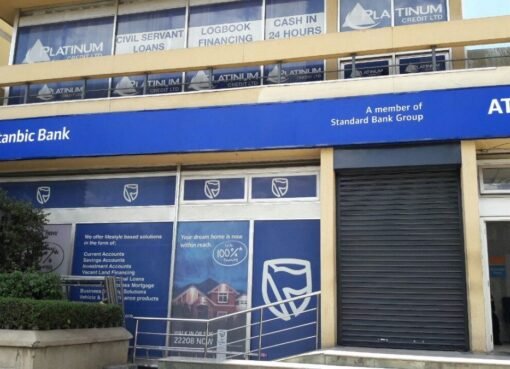It started with curiosity and a handful of conversations in the back seats of ride-hailing vehicles.
“That’s where we noticed a fundamental gap in the market,” says Busisiwe Ndlovu, Co-Founder, Brown Financial Service, a new startup building financial tools for South Africa’s gig workers.
Despite steady daily earnings, Ndlovu found that many South Africa’s gig workers, particularly ride-hailing drivers fell outside of traditional banking systems, often denied credit or forced into high-interest informal loans. “Many of our users have stable and substantial incomes but have been turned away by banks,” Ndlovu says. “Others have been forced into predatory lending situations. We hear repeatedly that no one understands their industry or income patterns.”
Brown Financial Services launched in 2024 and introduced its first product just six months ago—a fuelling loan and credit card designed specifically for e-hailing drivers. It gives drivers access to short-term loans ranging from R1,000 to R5,000 to cover fuel costs, with repayments matched to how they earn.
“Fuel is their biggest operational expense, but they have no tools to manage that cash flow,” Ndlovu says. “We saw an opportunity to build something that actually works for how they live and work, rather than forcing them into systems designed for nine-to-five employees.”
Ndlovu noted that the sign-up process is simple and mobile-friendly, and once approved, drivers can use the card at major fuel stations across South Africa. Drivers apply via a website form, and a dedicated WhatsApp channel keeps communication clear. A driver-focused mobile app is in the works, set to launch soon.
Betting on the gig economic boom
The startup is betting on South Africa’s fast growing gig workers economy. According to Stats SA, over 3 million South Africans now rely on some form of informal or gig work, and Bolt and Uber alone employs over 60,000 drivers.
While gig workers like ride-hailing platforms offer fuel incentives, Ndlovu sees those as temporary fixes. “Brown Financial Services is building something permanent. We are not trying to disrupt for disruption’s sake. We are solving real problems for real people,” she noted.
Beyond fuel, a full financial toolkit
While fuel cards are the company’s first product, they are laying the foundation for a much broader gig economy financial system. Plans are underway to expand into vehicle maintenance financing, insurance, and eventually, full earnings-based financial tools. The company says it is yet to integrate AI into its operations and is focused on building human-centred systems that work for drivers in real time. All fees are upfront, and the company claims there are no surprises.
“Our vision is to be the complete financial partner for gig workers throughout their careers,” Ndlovu says.
Mark your calendars! Moonshot by TechCabal is back in Lagos on October 15–16! Join Africa’s top founders, creatives & tech leaders for 2 days of keynotes, mixers & future-forward ideas. Early bird tickets now 20% off—don’t snooze! moonshot.techcabal.com

































Comment here